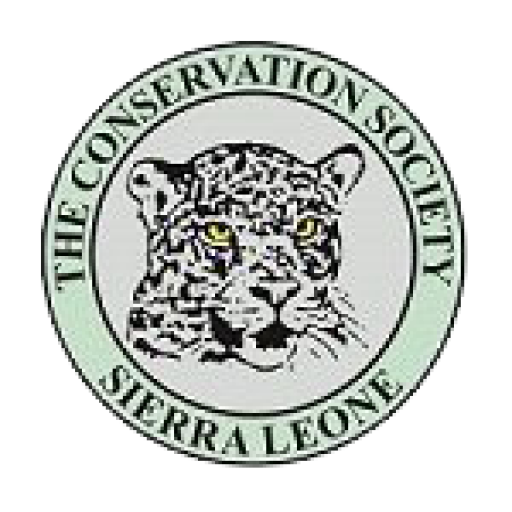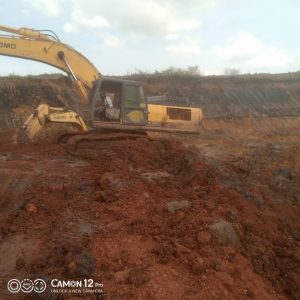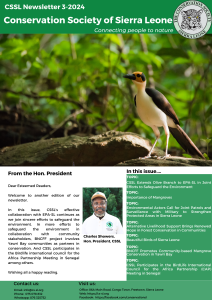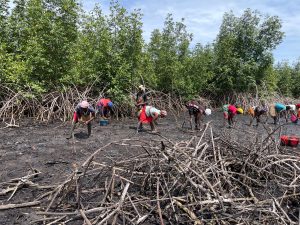“…if we continue to destroy this forest through stone mining, logging, slash-and-burn farming and many other practices, disasters such as flooding, water shortage and disease outbreak will befall us in the very near future…” The Headwoman of Big Water community, Mrs. Memunatu Banya, made this statement during the project inception meeting organised by the Conservation Society of Sierra Leone (CSSL) on April 17, 2024.
The Western Area Peninsula National Park (WAPNP) currently faces numerous threats caused by unsustainable human practices such as sand and stone extraction, deforestation, unplanned urbanization, land grabbing and reclamation, poor waste management, illegal logging for charcoal, mining, farming and hunting. These induced pressures have led to massive loss of biodiversity and habitat for many threatened species. The threats also have adverse impacts on the health and well-being of the people living in nearby communities which are mostly pigeon-holed settlements that often experience flooding, coastal erosion, and mudslides resulting in significant loss of lives, livelihoods and property, among others.
To attempt to address the aforementioned issues, CSSL received funding support from the Catholic Agency for Overseas Development (CAFOD) to implement a pilot project entitled, “Integrated Conservation Livelihood Project” at the Big Water community, along the WAPNP.
In order to kick-start the implementation, CSSL conducted a project inception meeting for stakeholders at the Big Water community on the aforementioned date. In attendance, were community leaders including the Headwoman, youth leader, religious leaders, representatives of existing livelihood groups in the community, and a representative from CAFOD.
Addressing the assembly, the Project Manager, Aruna Koroma, took participants through the overall objective and key activities of the project. He said, the seven-month project would contribute to reducing coastal community vulnerability to climate change shocks, and improve the well-being of Big Water and neighbouring forest-edge and coastal communities. Aruna furthered that, the project specifically planned to conserve and restore threatened ecosystems in the Western Area Peninsula, whilst facilitating alternative livelihood options that would ensure the protection of that portion of the national park.
The village Headwoman, Mrs. Banya, welcomed CSSL and CAFOD on behalf of her community, and pledged their full support towards the implementation of the project. She however entreated her community folks to desist from the illegal practices of destroying the forest. “…we have all paid deaf ears to all the pieces of advice and warnings given to us by experts. Please, let’s start to put things in place as a community to avert any such calamities by keeping the forest intact for ourselves and future generations,” the Headwoman appealed to her community.
She appealed to CSSL for more sustained environmental education and alternative livelihood support interventions. She added that, as community people, they sometimes forget about the negative consequences of forest degradation and only concentrate on practices that hurt the environment, all in the name of fending for themselves. May other community members including the youth leader, also expressed similar sentiment and even requested CSSL to advocate to the government for a clear demarcation of the protected area from their community land. He said this would help them to have peace of mind and undertake their farming activities without fear of being arrested by the Forest Guards or other security forces.
The representative from CAFOD, Sahr Edison Borbor, explained about the Safety, Access, Dignified and Inclusion (SADI) and Safe Guiding policies of his organisation, and how they all apply to the project implementing partner, CSSL. He emphasised that, the details of these policies were geared towards securing the integrity of their partner organisation. He emphasised that the policies particularly seek the safety, respectability and well-being of project communities from exploitation, abuse, and associated issues during implementation. Edison encouraged participants to strictly abide by the policies for the benefit of all parties involved, noting that CAFOD will hold partners accountable if they are found to have flouted the SADI and Safeguarding policies.



